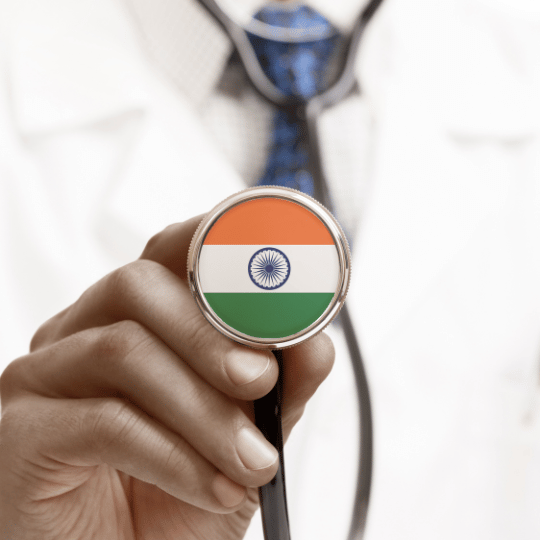New threat against affordable medicines in trade negotiations with India and ASEAN
According to an article by Médecins Sans Frontières (MSF) last month, access to affordable medicines could be severely restricted for millions of people around the world under the current proposals in the Regional Comprehensive Economic Partnership (RCEP) trade agreement. MSF sounded the alarm regarding the potential harmful consequences of the trade deal ahead of the …
New threat against affordable medicines in trade negotiations with India and ASEAN Read More »


